Research areas
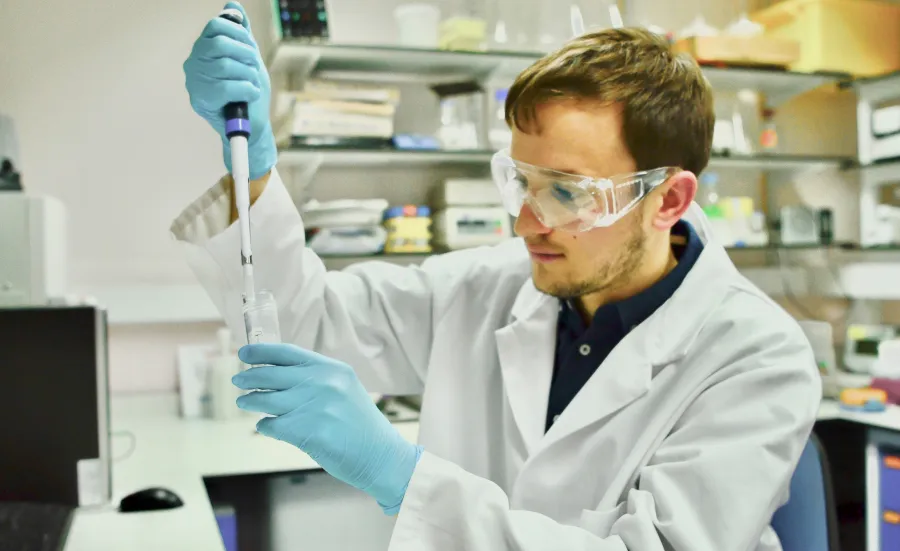
We’re a global top 100, Russell Group university.
Explore our research areas and find out how our interdisciplinary work drives positive change in the world.
We’re a global top 100, Russell Group university.
Explore our research areas and find out how our interdisciplinary work drives positive change in the world.

-

Ageing and gerontology
Through high quality research, we contribute to a better understanding of the experience of ageing amongst different groups and societies around the world.
-

Archaeology
Our research tackles archaeological challenges across many areas of the discipline, from human origins and prehistory to maritime and commercial archaeology.
-

Art, design, media and fashion
The Winchester School of Art focuses their research on the current and future roles for art, design and media in current and future societies. Staff, students and organisational partners come together to provide experimental, interdisciplinary and impact.
-

Biological sciences
From global warming to life-threatening infections, we're working with industry and academic partners to tackle society's biggest challenges.
-

Business
We work with public and private sector partners to make a difference, from better use of resources to improving management policy.
-
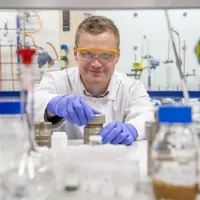
Chemistry and chemical engineering
We deliver research with real impact, from helping clinicians prescribe the most effective cancer treatments to accelerating improvements in solar power.
-

Economics
We improve the world’s understanding of economic behaviour and societal problems. Our research themes cover economic theory, experimental and applied economics, macroeconomics and econometrics.
-
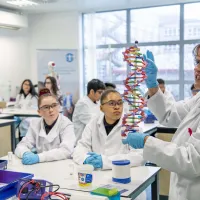
Education
We tackle research challenges to improve educational outcomes. Our work is focused around inclusion, educational policy and maths, science and health education.
-
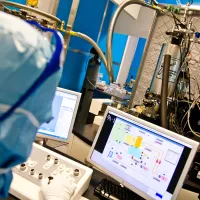
Electronics and computer science
Electronics and Computer Science (ECS) is the leading university department of its kind in the UK. We have an international reputation for research, with over 550 researchers working across a wide range of computer science and electronics topics.
-

Engineering
From sustainable energy to resilient infrastructure, we're addressing some of the biggest challenges facing modern society.
-

English
Our research covers the range of modern literary studies, from medieval travel narratives to the African detective novel.
-

Film
We research the links between national, transnational, and global identities, historical approaches and audio-visual aesthetics.
-

Geography and environmental science
Our research addresses climate change, social and health inequalities, sustainable development, conservation of biodiversity, poverty and recession.
-
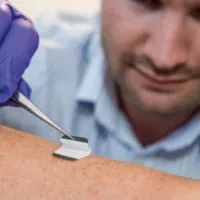
Health science
Our research activities focus on keeping people active for longer, improving wellbeing for those with life limiting conditions, patient safety and health work.
-

History
We study how people, institutions and communities have behaved, and how societies have changed.
-
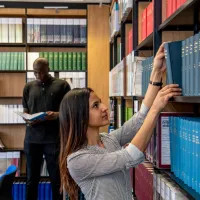
Law
Our research spans a range of law areas including the relationship between law, policy and society. Other specialisms include insurance, maritime and commercial law and the legal issues around equality and discrimination.
-

Mathematical sciences
From black hole dynamics to public health planning, our research makes an important contribution to addressing scientific, engineering and social challenges.
-
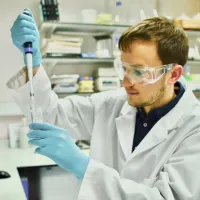
Medicine
We have an international reputation for making important scientific discoveries in the lab and translating them into successful clinical treatments.
-

Modern languages and linguistics
Our research covers French, German, Spanish, Portuguese and Latin American languages, with a particular focus on linguistics, literature, society, history, and transnational studies.
-

Music
Southampton is an internationally-recognised centre of excellence for research in music. We were ranked top in the UK by the most recent national research evaluation (REF 2014).
-

Ocean and earth science
We’re a major European centre for oceanography and marine geoscience. In the 2021 Research Excellence Framework 98% of our overall research was rated world leading or internationally excellent.
-

Philosophy
Our research covers topics ranging from traditional esoteric pursuits to real-world applications such as the ethics of infant feeding and self-driving cars.
-
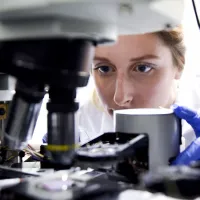
Photonics and optoelectronics
Our research covers optical fibres, nanophotonics and metamaterials, and photonics systems, circuits and sensors.
-

Physics and astronomy
Our work is centred around astronomy, quantum light and matter, and theoretical particle physics.
-

Politics and international relations
We analyse political decisions made in the UK and around the world to understand how they affect people’s sense of place, their movement and their human rights.
-
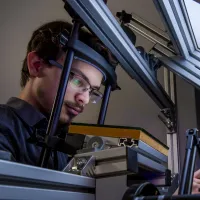
Psychology
Our scientific research examines the brain and behaviour in health and disease. We investigate perception and cognition, mental health, self and identity, and health psychology.
-

Social statistics and demography
We research population change to inform social policy. Our demographers specialise in family and fertility, migration and mobility, and health and mortality. Our statisticians specialise in statistical methodology.
-

Sociology, social policy and criminology
Our sociologists, criminologists and academics in social policy explore topical areas such as crime, education, work and social inequality.
You could:
- check your spelling and try again
- search using a related keyword